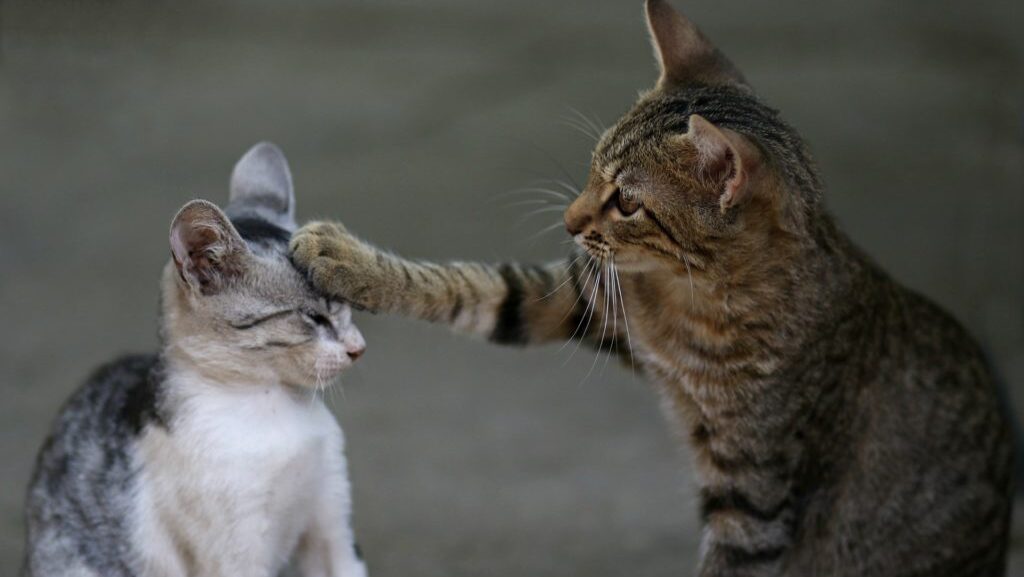Many of us ask ourselves the age-old question, “Who am I?“This question presumes there might be a plausible answer, as if our identity could- or should be- reduced to a fixed description. Individuals who ask this type of question are usually struggling around their core sense of self and grasping for a concrete answer. The paradox is that the more you seek to solidify who you think you are, the more fragile you feel and become. So, this question as to who I am is the wrong question to ask. We’d be far better served to contemplate, “How would I like to experience my life?” The former question focuses on a fixed state of being, while the latter one envisions participating in the flow of your life-your process of becoming.
There is great benefit to be derived when we shift from notions of a fixed, inert identity to one of an evolving sense of self. Rather than taking a frozen snapshot of yourself, try to embrace an unfolding sense of self that enables you to perpetually re-frame, re-craft and re-think yourself and your experiences. This process of becoming allows you to move beyond the confinement of your past experiences and usher change into your life. When you learn to do this, you can access new possibilities in your life. The process of becoming lies at the heart of the possibility principle. This principle, which I illuminate in my new book, The Possibility Principle, reveals how we can prosper and thrive by embracing uncertainty.
As we strive to know ourselves, in all of our complexity, we must also pay attention to the evolving and unfolding process of life itself. We should consider how our past and our interpretation of it -the meaning we choose to give to it-has informed our present. Rethinking your past and placing it in a new context permits you to craft a different present and future. That is what a healthy change process looks like.
Interested in bespoke marriage and relationship counseling from Mel Schwartz? Reach out!
Often, it’s a sense of turbulence or insecurity that has us inquire, “Who am I?” Imagine that you’ve been imprisoned for twenty years, incarcerated since the age of twenty. You literally had no adult life experience outside of the penitentiary and so your sense of self is extremely limited. You are about to be released from your confinement. The question, “Who am I?” would provoke a very fragile sense of self that might leave you ironically apprehensive about your impending freedom. Yet it’s unthinkable that you’d choose to remain behind bars until you could secure your future identity. You’d have little choice but to move forward into the uncertainty of what lies ahead and welcome your experience of becoming. This process of becoming requires that you get out of your own way so that you can embrace your natural unfolding.To accomplish this, we must welcome uncertainty.
The embrace of uncertainty results in new possibilities. I have worked with people who have been mired in unhappy marriages, were unsuccessful in couples therapy, and yet chose to remain stuck due to their fear of who they would be as a divorced person. They might ask worriedly, “Who would I be?” The challenge they face is around their need for certainty. The irony is that they might default to their current certainty-unhappiness- rather than elect to experience the uncertainty around their process of becoming.
At the other end of the identity continuum are those who claim to know themselves so well. This group of individuals may also have a deep fragility around their sense of self. To know yourself so well leaves little room for growth. It speaks to a very defensive and fixed sense of self. Even more, it speaks to a protective mechanism that may guard against deeper reflection and change. If I’m dead certain that I know exactly who I am, then I must be a fixed entity, stuck in my state of being.
It’s wise to self-reflect and invite introspection, but doing so requires maintaining a delicate balance. Be cautious not to fall prey to overanalyzing. The goal is to maintain malleability as you engage in your reflection, as if you were a willow tree rather than a sturdy oak tree. The willow is flexible and survives the storm as it bends with the vicissitudes of its environs, whereas the rigid oak is more likely to crack.
When you maintain this flexibility during reflection, you’re more contemplative and forward-looking, allowing you to unfetter yourself from the imprint of your wounds. Try to envision how you’d like to experience your life and note the aspects of yourself that you’ll need to let go of. Then look at your core beliefs and recurring thoughts that keep reinforcing your confinement. Work with that dissonance as you release your past.
Embracing uncertainty enables us to join with the perpetual flow of the universe. The process of becoming feels forgiving. In the flow of becoming, you’re no longer rooted in the hardship of fear, insecurity or concerns about mistakes. Becoming is boundless and infinite, whereas being is structured and limiting. Quantum physics informs us that all of reality is perpetually flowing, a kind of reality-making process. Nothing is static or inert. All is in the flow of becoming. We can join in that ride once we shift our perspective and embrace the uncertain.
Mel Schwartz LCSW MPhil is a psychotherapist, marriage counselor, TEDx speaker and corporate leadership and communications consultant. He is the author of The Possibility Principle: How Quantum Physics Can Improve the Way You Think, Live and Love. Mel earned his graduate degree from Columbia University. Mel’s TEDx talk, Breaking Free From Anxiety receives over 50,000 views per month. He has written over 100 articles read by more than 3 million people. One of the first practicing psychotherapists to to integrate the principles of quantum physics into a transformative therapeutic approach.
Contact Mel
Mel practices in Westport CT, Manhattan and globally by Skype. Contact him here.




